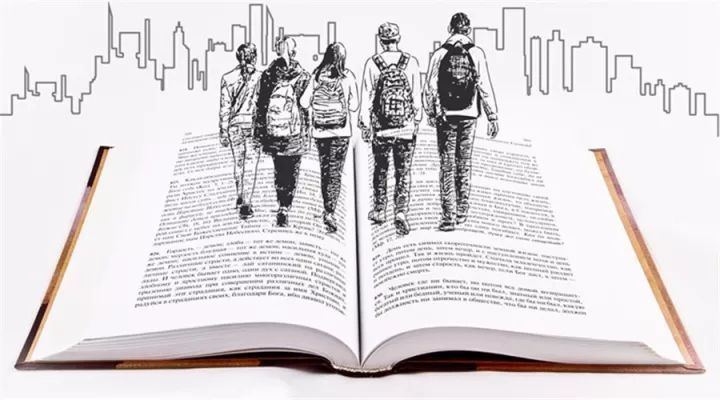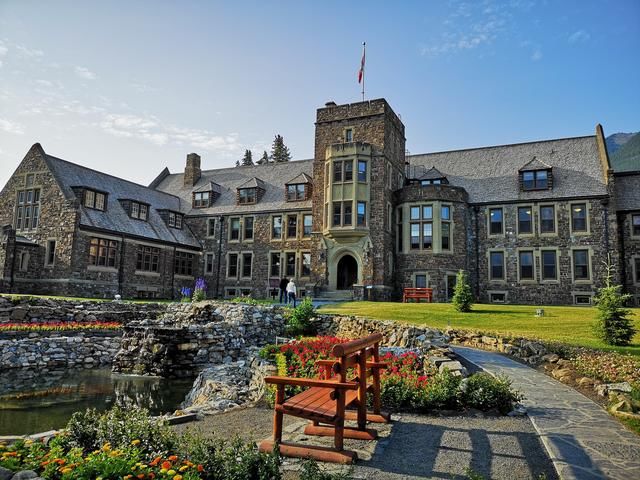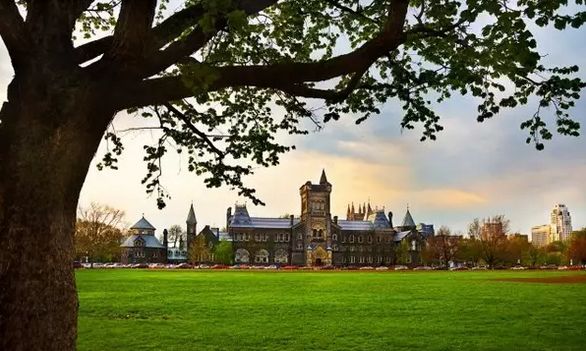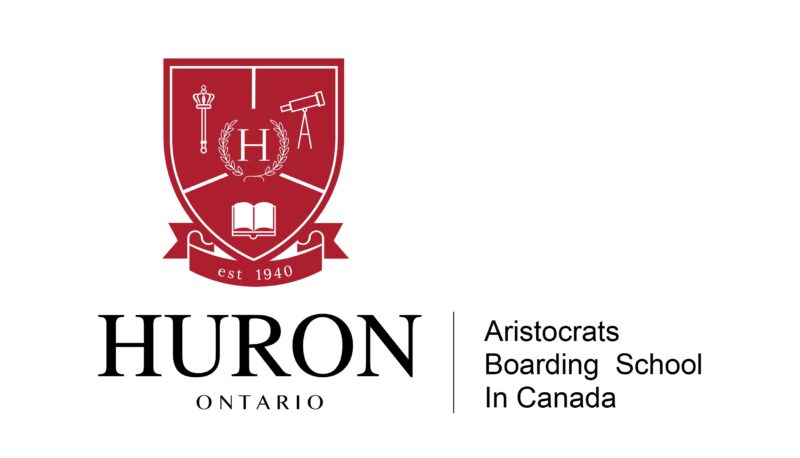The knowledge and information about studying in the other country have led many parents and children to guess based on their own subjective experiences. With this came many typical stereotypical biases. These biases have a strong impact on a child’s schooling.
Typical Bias I: Private International School = Diploma Mill?
Many private international high schools are not only doing a great job on academics but are also cost-effective. With low tuition fees and high-quality teaching, these schools send large numbers of Chinese students to good schools like the University of Toronto Engineering, University of Waterloo Mathematical Software Engineering, which are even difficult for locals to get into. So please let the strength of the school speak for itself.
High schools in many countries are divided into public and private high schools. But due to the time for development, public high schools and private high schools have a different status in the minds of parents from different countries.

In many countries, most high schools are run by public, and many parents take public schools for granted, so they send their children to public high schools. With the establishment and development of many private schools in recent years, coupled with the fact that some parents are rejecting traditional test-centered education, and some having higher requirements for their children’s schools, more parents are changing their minds and choosing to send their children to private high schools.
It is a common belief in Canada that private high schools are of better quality than public high schools. Private high schools in Canada are for elite education, while public high schools are compulsory education. In terms of family and peer influence, private schools are mostly the choice of the elite, so most students in private high schools come from similar family backgrounds, and peer influence is more positive in private schools. Public schools, on the other hand, are set up free of charge to help students in nearby communities complete their compulsory schooling and are mostly the choice of parents with average family circumstances.
In terms of school resources, private high schools in Canada have smaller class sizes, smaller student-teacher ratios, more academic opportunities and extracurricular activities, better faculties, better quality teaching, and a safer campus environment. In addition to the curriculum required by the Department of Education, private high schools have many specialized programs that give children more opportunities to express themselves.
Private international schools in Canada have been developing for a long time, with a better curriculum, experienced teachers, and a combination of the learning characteristics and requirements of international students from different countries, making themselves more suitable for teaching international students. That’s why it makes the most sense to study in Canada and choose a private international school.
Typical Bias II: “I want to apply to top high schools.”
The top high school in Canada does not mean it’s perfect for international students; it can be a “trap”. Here’s why international students can’t go to the top high school in Canada.
In many test-centered education, the evaluation and ranking of top high schools are determined by the student’s high school entrance exam results and the school’s advancement rate, so parents and students are sharpening their brains to go to top universities.

And in Canada, the focus on the high school itself is a misunderstanding. Canadian high schools do not have standardized college entrance exams, so schools do not have regular exam results to compare and rank. Also, Canadian parents don’t think that going to university is the only way for their children. Therefore, high schools in Canada do not rank schools on the basis of their promotion rate but prefer to develop sports talents, such as hockey and basketball, to develop children’s interests and strengths on the basis of compulsory education.
For parents, sending their children to study in high school is to get into a prestigious school, so parents should be aware of the different rankings between different countries, and should not stick to the name of Canada’s top high schools.
Typical Bias III: “I want Western classmates/Western homestay.”
Indeed, many students and parents have this need. It is also easy to understand that many parents feel that studying abroad is only called studying in a Western school. But for high school students, especially those in the 11th-12th grade, this obsession can be counterproductive.
The language learning relationship between Western classmates/homestay families and children is minimal.
In many public schools or local private schools, classes are taught in English, so many international students have excellent English listening and speaking skills. Everyone is poorly on reading and writing. However, public schools and local private schools offer ESL tutoring, but the number of hours and classes is too small to meet the requirements of international students to improve their English. So, the students’ logical thinking and penmanship in English are inadequate. Reading and writing are the abilities that students will use most in writing essays and presentations in the future, so students must work hard to improve these two abilities. The simple English of living in a homestay will not improve reading and writing skills with only between classmates.

Many public schools do not pay attention to the low English proficiency of international students and need to study systematically, many ESL teachers are part-time workers, resulting in many international students wasting a lot of time in ESL studies. Even if you get an off-campus tutor, there is an additional fee, and the tutor’s teaching quality is not guaranteed.
After entering public schools, international students will slowly find that the quality of public school services is not good, resulting in academic and psychological problems, the lack of communication between Western homestay, and the lack of attention to children’s performance, causing many conflicts and problems for improving children’s grades.
So, parents need to think carefully and don’t let their own prejudices impact their children’s future.
